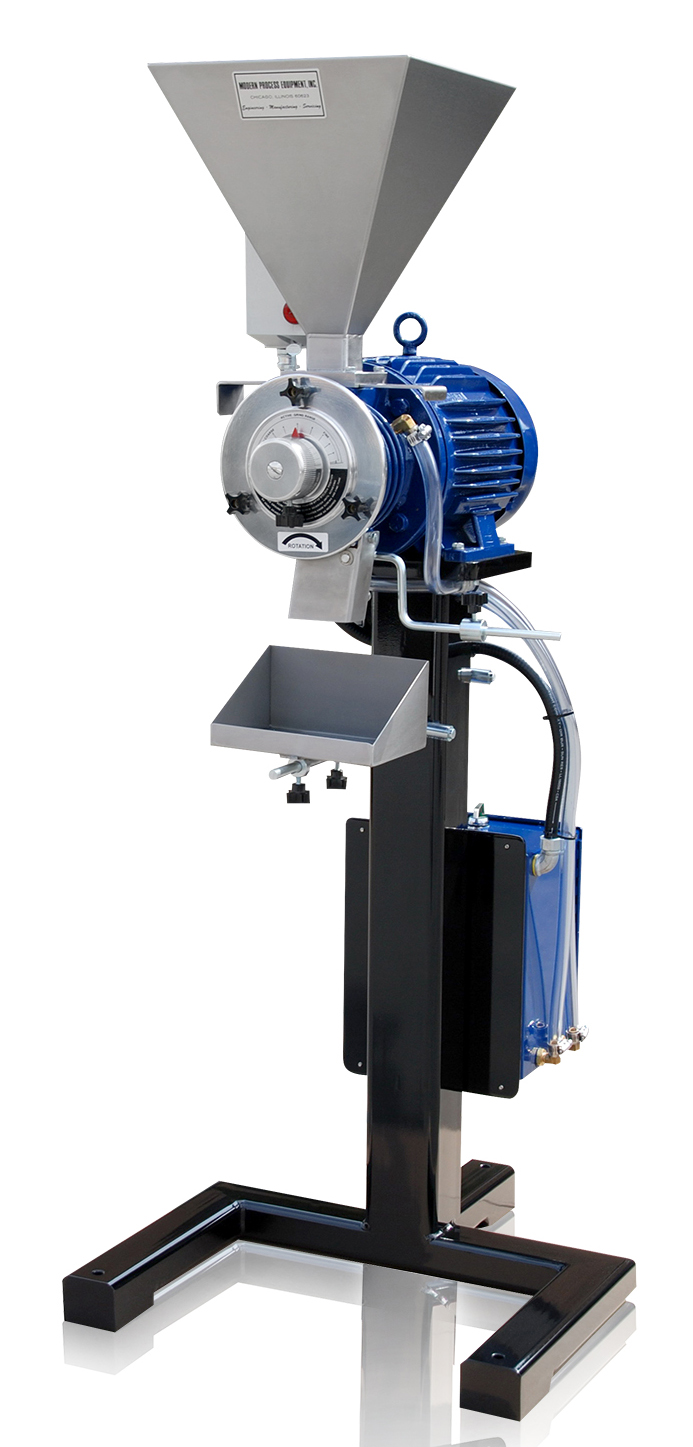Industrial Coffee Grinder for Mass Brewing: Essential Information
Industrial Coffee Grinder for Mass Brewing: Essential Information
Blog Article
Industrial Coffee Grinder Guide: Increase Performance and Quality
In the affordable landscape of coffee production, selecting the appropriate industrial coffee grinder plays an essential duty in improving both effectiveness and product quality. Recognizing the nuances of different grinder kinds and crucial features-- such as adjustable grind setups and robust building and construction-- can significantly affect the last taste account of the coffee. In addition, the optimization of the grinding procedure, coupled with thorough maintenance, is vital for sustaining performance over time. As we check out these crucial components, it comes to be noticeable that the implications prolong past mere tools selection, affecting overall organization success in ways that call for closer evaluation.
Comprehending Mill Kinds
When selecting an industrial coffee grinder, understanding the various types readily available is essential for optimizing both flavor removal and functional performance. The 2 primary types of grinders are blade mills and burr grinders.

Inevitably, choosing the appropriate kind of mill is important to keeping quality and efficiency in coffee manufacturing, making it vital for services to spend in top notch burr mills for optimum outcomes.
Secret Attributes to Consider
Picking a commercial coffee grinder requires cautious consideration of numerous vital features that can significantly influence both performance and the total coffee experience. Among the primary facets to review is the grinding system. Burr mills are usually chosen over blade grinders, as they supply a consistent work dimension, which is vital for optimum removal and flavor.
Another vital function is the mill's ability. A functional grinder with numerous settings permits you to tailor the work dimension to different developing methods, boosting the coffee's flavor profile.
Assess the grinder's noise degree, specifically in an active coffee shop or production setting, where excessive sound can be turbulent. Spending in a mill that stabilizes these attributes can greatly improve both functional effectiveness and the top quality of the coffee served.
Optimizing Grinding Process
To attain the best cause coffee preparation, optimizing the grinding procedure is necessary. The work size considerably affects extraction, flavor, and total quality of the made coffee. Different brewing methods need details grind dimensions; for example, coffee demands a fine work, while French press demands a rugged appearance. Understanding the connection between work dimension and developing method is the very first action in optimization.


Furthermore, monitoring the grinding speed can enhance the procedure. Slower grinding frequently generates less warmth, maintaining fragile flavors and aromas. Alternatively, quicker grinding might generate excessive warm, adversely influencing the coffee's quality.
Upkeep and Treatment Tips
Proper upkeep and care of industrial coffee mills are essential for making sure optimum performance and durability. Regular cleaning is the foundation of upkeep; residue build-up can affect taste and grinding efficiency. It is a good idea to clean the grinder after each usage, wiping down the outside and removing any coffee premises from the burrs.
Furthermore, inspect the grinding burrs for deterioration. Boring burrs can jeopardize work uniformity, so they should be replaced as essential. Industrial Coffee Grinder. Occasionally calibrating the mill is also important, as this keeps the desired work size for numerous developing methods
Lubrication of relocating components should be performed according to the supplier's requirements, as this have a peek at this site decreases friction and extends the life of the devices. It is important to make use of food-grade lubricants to ensure safety and compliance with wellness guidelines.
Last but not least, maintain the mill in a stable and dry atmosphere to avoid corrosion and deterioration. By sticking to these maintenance and care suggestions, drivers can improve the performance of their industrial coffee mills while guaranteeing high-grade outcome and expanded operational life.
Roi Evaluation
Examining the roi (ROI) for industrial coffee mills is critical for businesses seeking to maximize their coffee manufacturing abilities. A comprehensive ROI evaluation aids establish the economic viability of spending in premium mills, enabling businesses to evaluate the first costs against prospective gains.
To carry out a comprehensive ROI evaluation, companies must consider a number of vital aspects. Initially, assess the acquisition cost of the grinder, consisting of installation and any kind of essential adjustments to existing infrastructure. Next off, calculate functional prices, including energy consumption, upkeep expenditures, and labor performance improvements. High-performance find out here now grinders frequently cause lowered grinding time and boosted throughput, which can dramatically enhance productivity.
Furthermore, think about the influence on item top quality. Industrial Coffee Grinder. Superior mills yield an even more consistent work dimension, which can improve flavor profiles and consumer fulfillment, ultimately driving sales. By increasing the quality of the final product, organizations can warrant higher prices, bring about raised income
Verdict
In recap, an industrial coffee grinder plays a crucial role in boosting both efficiency and item high quality within coffee production. By selecting high-grade burr mills outfitted with important features such as adjustable grind setups and sturdy building and construction, services can make sure ideal flavor extraction. Normal maintenance is important for maintaining grinder performance and making best use of consumer contentment. Inevitably, the critical financial investment in a trustworthy grinder contributes considerably to enhanced revenue and competitiveness in the coffee market.
In the competitive landscape of coffee manufacturing, choosing the appropriate commercial coffee grinder plays a pivotal function in boosting both performance and product top go to this website quality. The 2 primary kinds of grinders are blade grinders and burr mills. Within the burr grinder group, there are flat burr grinders and conical burr grinders, each with its benefits. Burr mills are normally liked over blade mills, as they give a constant grind size, which is important for optimum extraction and taste.
In summary, a commercial coffee grinder plays a critical function in enhancing both efficiency and item quality within coffee manufacturing.
Report this page